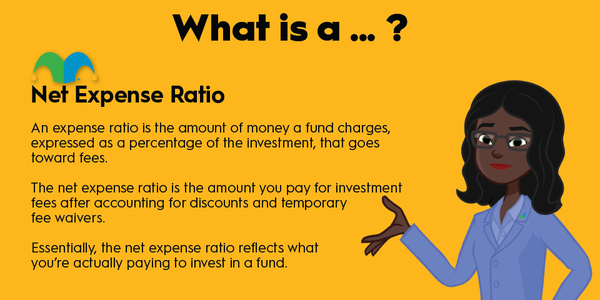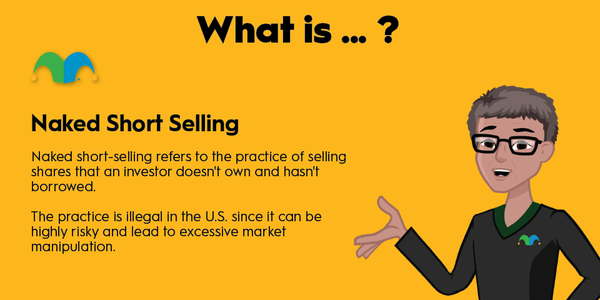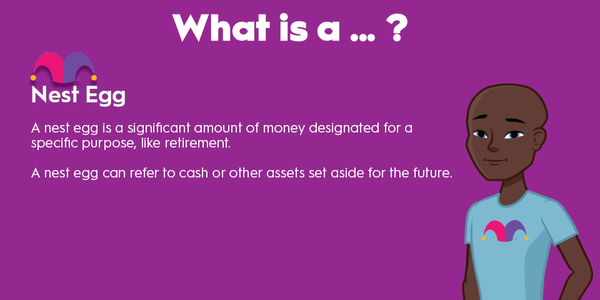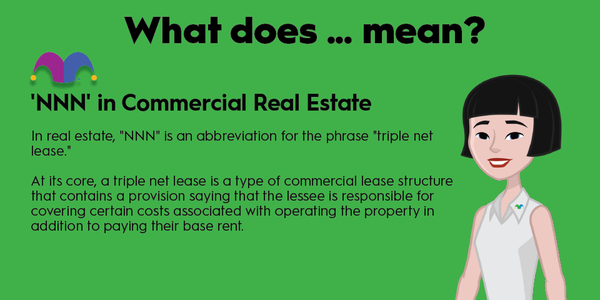Hiring and retaining employees is a crucial part of any business.
Although employees aren't a guaranteed source of sustainable competitive advantage, companies do take pains to avoid training employees who could leave and work for a competitor and even pass along proprietary information.
One of the ways businesses try to prevent their employees from leaving for a rival is with a non-compete clause.

Definition
What is a non-compete clause?
A non-compete clause is a part of an employment contract that prevents an employee from taking a job with a competitor once their current job ends.
Non-compete clauses can vary in their restrictiveness and generally apply for a set amount of time, such as a year. They also may only apply to a specific geographic region.
Who uses them?
What kind of businesses use non-compete clauses?
Lots of different kinds of businesses use non-compete clauses.
They are particularly common in client-based services or with client-facing employees, where an employee might have a personal brand or a client list. In this situation, the employee could do significant damage to the business if they left and took their client list with them.
If they did that, the original company could lose those customers, and the employee in question would likely have proprietary information, such as how much their first company charged that client.
Additionally, non-competes are common when a business is sold. If you bought a business, whether it's a small business or something larger, you would not want the seller to turn around and start a competing business, undermining the value of the business you purchased.
Finally, protecting confidential information is another instance where a business might use a non-compete clause to protect such data. For instance, if you knew the secret formula for Coca-Cola (KO 1.5%), you would not be able to share it with a competitor.
Will they be banned?
Are non-compete clauses going to be banned?
Non-compete clauses are controversial because they can significantly shift the balance of power in the employment relationship toward the employer, and employees often sign up because they feel it's a requirement to land the job.
In early 2023, the Federal Trade Commission (FTC) proposed a new rule that would effectively ban non-compete provisions, which it called "a widespread and exploitative practice that suppresses wages, hampers innovation, and blocks entrepreneurs from starting new business."
The FTC said that banning non-competes could increase wages by almost $300 billion a year. The commission is currently soliciting comments about the new proposal and is expected to vote on it in April.
Four states -- California, Minnesota, North Dakota, and Oklahoma -- have already banned non-compete clauses, another sign of the trend building against them. However, the FTC ban and the state bans are likely to be challenged in court by corporations since they might have a significant impact on the way some companies do business.
Related investing topics
Example
What's an example of a non-compete clause?
Non-compete agreements are common in the technology industry as tech companies generally need to protect their trade secrets, and preventing former employees from sharing them is one way of doing that.
In 2020, Tesla (TSLA 12.06%) sued rival Rivian (RIVN -2.21%) and four former Tesla employees. Tesla accused Rivian of conspiring with the employees to steal Tesla's trade secrets, even though the employees were bound by non-disclosure agreements, which are similar to non-competes and prevent the employees from sharing sensitive information.
The case is still in court but shows that non-competes are an important tool for protecting proprietary and confidential information. Even if the FTC bans non-compete agreements, they are likely to evolve in one way or another since many businesses depend on them to protect valuable information.



























